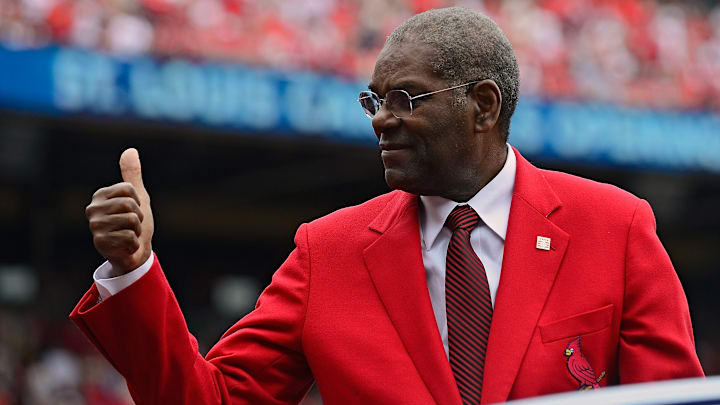Pre-1956 (1881-1940)
It wouldn't have been right to discuss Gibson and Carpenter's heroics without properly contextualizing them in the rich history of Cardinal baseball. As previously mentioned, the Cy Young Award didn't debut until 1956, meaning that for roughly half of MLB's existence, nobody won the award. Thus, plenty of incredible pitchers, such as Christy Matthewson, Bob Feller, and Walter Johnson never even had the opportunity to win a Cy Young Award. We'll briefly examine several Cardinals who fit onto this list. This is a large era of Cardinal baseball, so we will divide it into two sections, first discussing those who played before 1940, and then discussing those who played after.
The first entry on this list, at least chronologically, would be Bill Doak. Doak's 1914 season certainly would have garnered some interest. He posted an incredible 1.72 ERA, pacing the National League, and finished with 29 victories. He would lead the league again in 1921, this time with an ERA of 2.59.
Dizzy Dean debuted for the Cardinals in 1930 at just 20 years of age. In his lone appearance that season, Dean tossed a complete game, allowing just one run on three hits. This was merely a precursor for the productive career he would enjoy. Dean returned to the Cardinals in 1932 and was immediately effective. In his first full season, Dean led the league in strikeouts, innings pitchers, and shutouts. He received down-ballot MVP support and was widely recognized as one of the game's elite pitchers. His 1932 season was the start of one of the most effective five-year stretches in Cardinal history.
Dean would lead the league in strikeouts in each of the following three seasons. During this five-year window, he led the league in wins twice, and in innings pitched three times. He also threw more complete games than anyone else over this stretch. His 1936 season is one of the strangest of all time. Dean's 51 appearances led the league, as did his 28 complete games. What makes this strange is that with 11 saves, Dean also led the league. His versatility was appreciated, and he was called upon in almost any situation. During this time, Dean won one MVP award (1934) and finished second twice (1935, 1936). If the Cy Young Award had existed during Dean's era, he would have captured the 1934 and 1935 awards without a doubt. It's also possible that he would have won several more.
